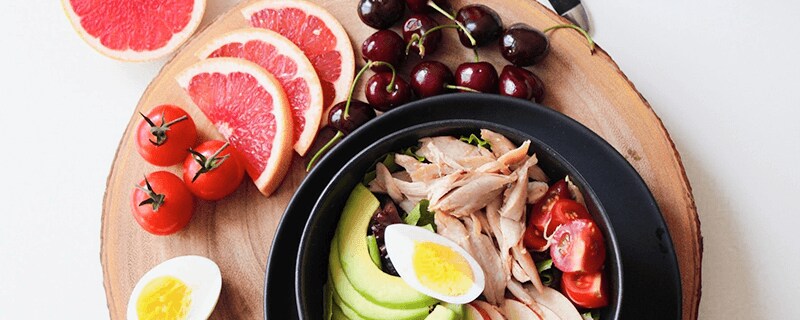Congratulations – you’re among the 4 million women to give birth this year! Though you’re probably spending most of your time doing tasks with one hand and trying to remember what eight hours of sleep felt like, you have some new, very important jobs too. One of which includes replenishing and renewing your postpartum body. While you’re staying busy on the outside, your newly reclaimed body is busy doing a significant amount of healing on the inside. During this time, you can help healing by refining or revamping your nutrition regimen. Both you and baby will benefit.
When a newborn baby is hungry, everyone is quickly (and loudly!) made aware. Unfortunately, your own recovering body might not be as loud about its needs. Women who are postpartum should eat between 1,800-2,000 calories per day due to their need for increased protein, vitamins and minerals. If breastfeeding, another 500 calories per day are generally needed. Other factors that increase your calorie needs include increased physical activity (>45 minutes/day), breastfeeding more than one infant and having been underweight prior to pregnancy.
During pregnancy, you probably increased your food intake (no-brainer, right?). If you followed advice from an expert, these changes probably resembled an increase of 340-450 calories per day during the second and third trimester, and you likely gained 25-35 pounds during your pregnancy. To get back to your pre-baby weight, instead of focusing on calorie restriction, focus on eating healing foods that will promote balanced eating, which will lead to weight loss and support you at a cellular level as you recuperate.
Antioxidant-containing foods decrease the negative impacts of toxins produced in association with childbirth, especially C-section births. Focus on foods containing fruits and vegetables (including 100% juices), dark chocolate, tea, whole grains and nuts, which contain high levels of the antioxidant and anti-inflammatory nutrients that a postpartum woman needs for revamping healthy blood and organ function. For example, vitamin C, an antioxidant found in all fruits and vegetables, supports collagen production, which rebuilds tissues, and has been known to help with issues like post-partum hair-loss.
Foods rich in protein are key for rebuilding muscle mass and supporting your return to a healthy weight. Protein is the building block for our body’s tissues, but it’s also responsible for other critical functions such as helping maintain fluid balance, helping with weight loss without losing lean muscle and helping you feel full after meals. Stews and soups that contain protein sources like meat, dairy and/or legumes are “power foods” for postpartum bodies. They support hydration, protein intake and can also give an antioxidant boost when veggies are incorporated. Legumes are an especially excellent option during the postpartum phase. Beans and legumes are rich in protein as well as fiber, which helps eliminate the waste that is produced as your body recovers from inflammatory processes. Protein needs are individualized, yet a healthy adult should consume at least 20-30 grams per meal to build and maintain lean mass.
Iron-fortified foods are critical in the postpartum period for replenishing and rebalancing iron stores, which can be affected by pregnancy and childbirth. Low iron is one of the most common nutritional risks experienced during and after pregnancy. Rebuilding these stores is critical, especially if another pregnancy is to follow. Fortified grains and cereals can be an excellent source of iron, so check the label and look for foods that provide at least 10% of the Daily Value. Other natural sources of iron are meat-based foods and leafy greens. The iron contained in leafy greens isn’t as well-absorbed as the iron contained in meat, but it can be enhanced when eaten alongside foods that contain vitamin C.
Embrace these unique, special moments and don’t forget to take care of you. Baby needs a physically and mentally strong momma to provide around-the-clock care. If you’re not sure where to start, a registered dietitian (Opens in a new tab or window) can provide you with goal-focused and individualized advice tailored to you and your lifestyle, while encouraging you to eat foods you enjoy in healthier ways.
Explore more healthy living advice from our team of experts.
Disclaimer: This information is educational only and not providing healthcare recommendations. Please see a healthcare provider.

